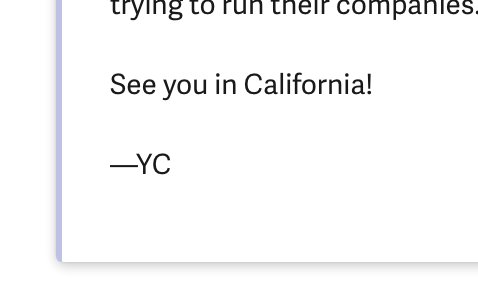If anyone thinks this is a good faith proposal, designed to secure democratic consent for changes to public monuments, let's look at what Robert Jenrick said four months ago about the procedures he is about to impose. [THREAD]
Robert Jenrick is to change the law so that historic statues, plaques, memorials or monuments cannot be removed without going through a formal planning process.
— Christopher Hope\U0001f4dd (@christopherhope) January 16, 2021
Twelve thousand statues are covered by the law changes.
8. Debate around public statues is not going to go away. Nor should it, for it raises profound questions about our values & the ownership of public space. So councils need to establish good-faith processes in which debate can happen - and from which meaningful change can emerge.
— Robert Saunders (@redhistorian) June 9, 2020

1. No one is trying "to edit or censor our past", let alone "pretend to have a different history". On the contrary: campaigners are asking us to *stop* editing out those, like Colston's slaves, who had been erased from public memory. This is about *remembering*, not forgetting.
— Robert Saunders (@redhistorian) June 12, 2020
More from Robert Saunders
Good piece on lazy "Boris is Trump" nonsense. I'd go further. Johnson is socially liberal at heart, Trump is authoritarian. Johnson is instinctive free trader, Trump is protectionist. Johnson is pro-migration at heart, Trump is xenophobe https://t.co/RGom19xSfx
— Matt Goodwin (@GoodwinMJ) January 7, 2021
2. It's true that Johnson has a "libertarian" streak: he dislikes rules, taxes, "red tape", "do-gooders" and the "nanny state". But so does Trump. Indeed, Trump goes much further on this, presenting masks, lockdowns, gun control, taxes & environmentalism as a danger to "freedom".
3. Johnson is not morally conservative, but nor is Trump. Neither much cares what people do in private, & neither sets much store by "conservative" moral norms on truth, fidelity or sexual continence. (Tories used to call this "licence", not "liberalism", but it's common to both)
4. Johnson might, personally, be more "liberal" on immigration than Trump, but he's been no less quick to weaponize the issue for political gain. The demand to "Take Back Control of our Borders" was as central to Johnson's victory in 2016 as "Build the Wall" was to Trump's.
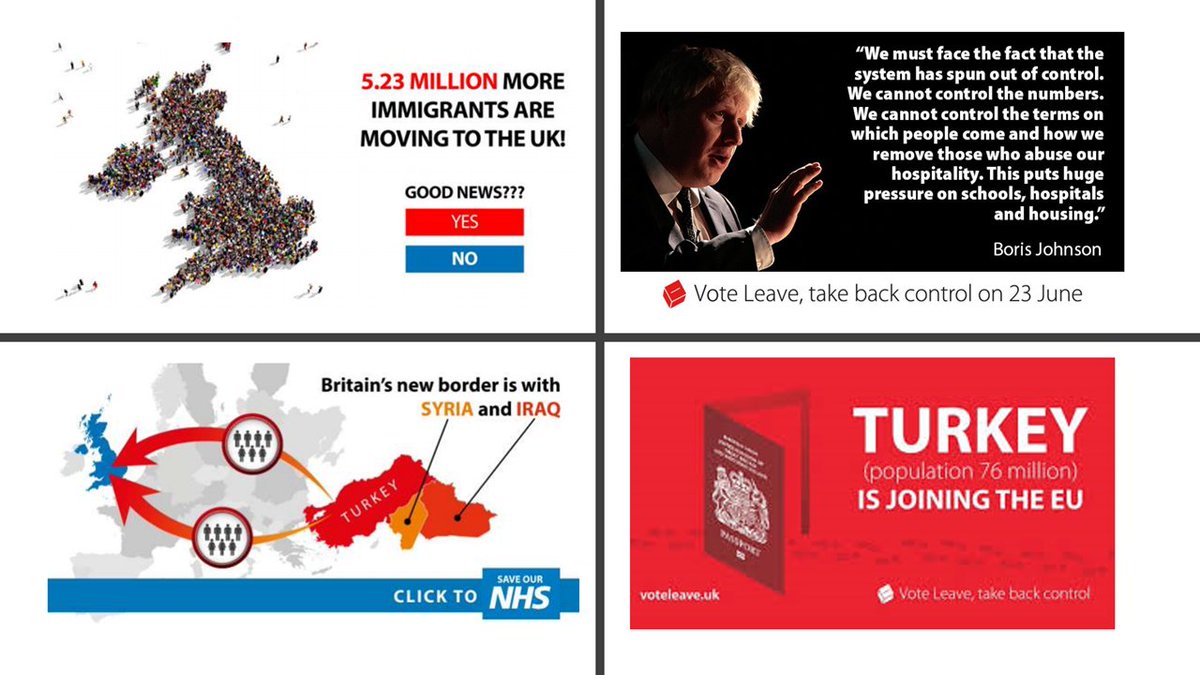
5. Johnson is not, like Trump, an instinctive protectionist. But he was happy to lead a nationalist insurgency against the UK's biggest free trade arrangement, and stoked support for a "no deal" Brexit that would have involved huge tariff increases. To quote an earlier leader...
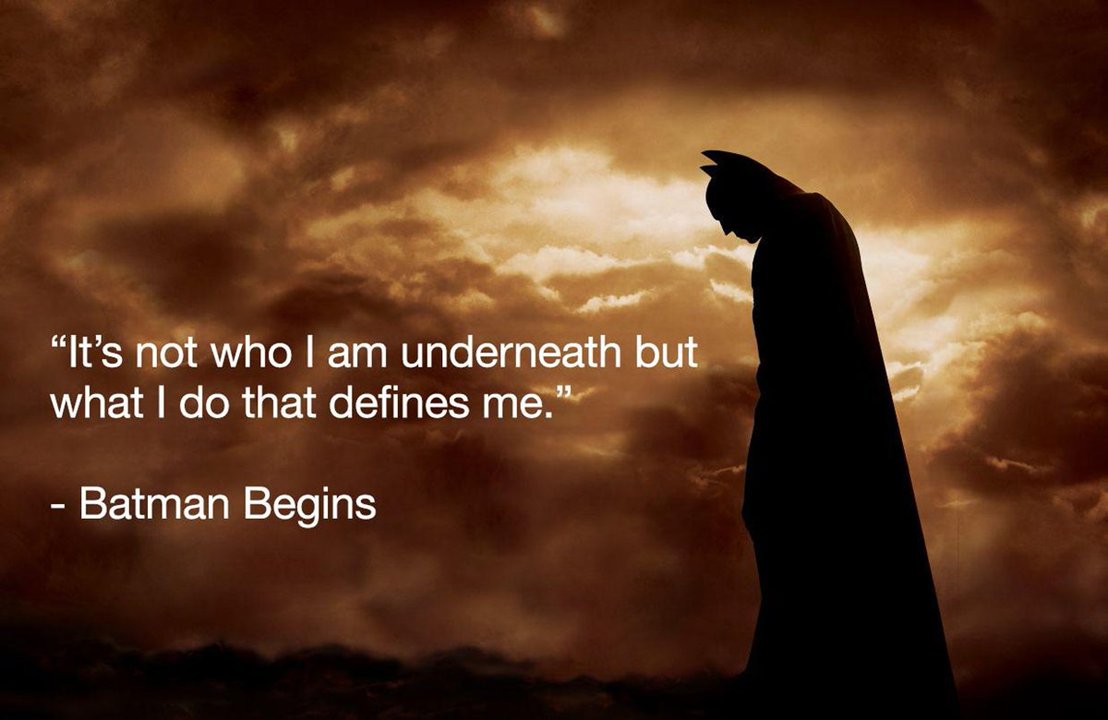
MPs are being asked to shovel through, in a single day, a bill that was published yesterday, implementing a treaty agreed six days ago, which comes into force tomorrow night. The European Communities Act 1972 was debated in Parliament for 300 hours. Today's bill will get about 5.
MPs will have at most four minutes to speak on a trade agreement covering more than 1,200 pages. Few will have had time to read it anyway, and their votes will mostly be cast by the Whips. The entire charade will be over shortly after lunch.
Today's legislation doesn't just transform our trade relations. As @jeff_a_king points out, it gives ministers the power to rewrite vast swathes of domestic law without further scrutiny. It is a massive transfer of power from Parliament to the Executive.
Third, the general implementation powers contained in cl 31 allow ministers to make any law that is required to implement the agreement by regulations - and that this power can be used to do anything an Act of Parliament can do (including amend the bill/Act itself).
— Jeff King (@jeff_a_king) December 30, 2020
Parliament has to do this with the legislative equivalent of a gun to its head. The UK's current terms of trade with the EU cease to exist in 48 hrs. MPs cannot inflict a crash-out on their constituents, so all that's left for the Opposition parties to argue about is positioning.
ON THE BLOG: The Dissolution and Calling of Parliament Bill \u2013 a return to constitutional normality?
— Constitution Unit (@ConUnit_UCL) August 1, 2021
Professor Alison Young, of @cambridgelaw, argues that it is wrong to place the blame for the extraordinary events of 2019 on the provisions of the FTPA.https://t.co/yYWEEOF1Td
2. Some of the highest powers of the British state still technically belong to the Crown: from declaring war & making treaties to suspending Parliament. Those powers are now exercised "on the advice of the PM". But they do not *belong* to the PM, & might, in theory, be withheld.
3.For example: the 1950 "Lascelles Principles" set out three conditions under which a monarch might refuse to dissolve Parliament (a "Royal Prerogative" pre-2011). Others might include "when the Oppn is in the middle of a leadership contest" or "when electoral fraud is suspected"

4. In effect, the monarchy became the "emergency brake" of the constitution. It could not exercise these powers itself, but it could stop a govt from doing so. It could deny a PM access to the "nuclear weapons" of the constitution: like the power to declare war or suspend Parlt.
5.This was never a very satisfactory brake. It relied on one person with no democratic authority, who might be inept, corrupt or Prince Andrew. And as Britain evolved from a "constitutional" to a "ceremonial" monarchy, it grew ever less likely that a monarch would actually use it
After all these years... remainers still go "AH HA but fishing is a tiny contribution to the economy".. Well why might that be? Why has it withered? Why has it become a totemic issue in our relationship with Brussels? Yes it is tiny now. But for millions that's the sodding point.
— Harry Cole (@MrHarryCole) December 17, 2020
1. Fishing had been declining for much of the twentieth century. The number of UK fishermen more than halved in mid-century: from nearly 48,000 in 1938 to 21,000 in 1970. By 1970 - the year *before* the UK signed the Treaty of Accession - fishing made up less than 0.1% of UK GDP.
2. That decline had many causes. A century of over-fishing had left stocks dangerously depleted. Younger generations were moving out, in search of safer and better-paid work inland. And the "Cod Wars" with Iceland (1958-76) triggered the collapse of the Atlantic trawler fleet.
3. The "Cod Wars", in which Iceland expelled GB trawlers from its waters, were a grim reminder (a) that other states have sovereignty too & (b) that power-politics still exist outside the EU. For Cold-War reasons, the US backed Iceland. The UK had to fold. https://t.co/t8wdvtCgMb
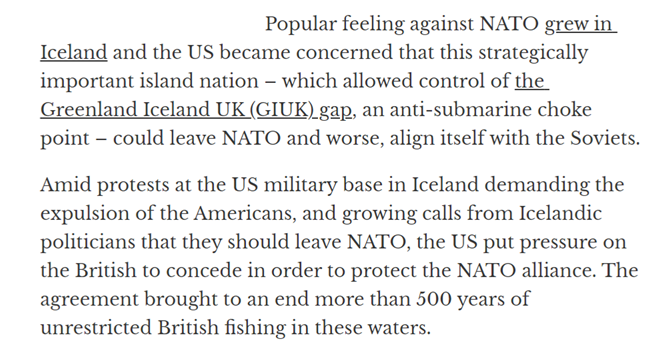
4. There were other challenges, too. In the early 1970s, Norway & Iceland were dumping large quantities of frozen fish on the British market, driving down prices for domestic suppliers. The fishing fleet badly needed investment for modernisation but was struggling to raise funds.
This is shameful legislation, that does nothing to tackle the problems with UK elections.THREAD
Millions of people do not have photo ID. By forcing through mandatory voter-ID the government risk disenfranchising millions of legitimate voters. https://t.co/y0Upzof2FI
— Electoral Reform Society (@electoralreform) February 17, 2021
There is no evidence in-person voter fraud is a problem, and it wd be near-impossible to organise on an effective scale. Campaign finance violations, digital disinformation & manipulation of postal voting are bigger issues, but these are crimes of the powerful, not the powerless.
In a democracy, anything that makes it harder to vote - in particular, anything that disadvantages one group of voters - should face an extremely high bar. Compulsory voter ID takes a hammer to 3 million legitimate voters (disproportionately poor & BAME) to crack an imaginary nut
If the government is concerned about the purity of elections, it should reflect on its own conduct. In 2019 it circulated doctored news footage of an opponent, disguised its twitter feed as a fake fact-checking site, and ran adverts so dishonest that even Facebook took them down.
Britain's electoral law largely predates the internet. There is little serious regulation of online campaigning or the cash that pays for it. That allows unscrupulous campaigners to ignore much of the legal framework erected since the C19th to guard against electoral misconduct.
More from Life
At the darkest days of the abuse I was being subjected to I decided to attend a conference for women in Los Angeles. I convinced my mother in law to pay for it because I couldn’t afford it. @ChristineCaine was preaching. I was desperate...
1/
There are many reasons why the unfolding news of Ravi Zacharias\u2019 abuse is enraging. But for me, there\u2019s one other piece. The women he chose to abuse were young, massage therapists, ethnic minorities, likely women who were not in positions of power or education.
— Devi Abraham (@devi_writes) February 12, 2021
I wanted to die, I didn’t see a way out and I had tried everything. I imagined many ways to die daily. The most recurring one was throwing my car down a bridge I had to drive over every day. I never did it because my kids were in the car and I was afraid one of them would...
2/
survive or I’d kill someone on the way down.
Christine spoke about honoring your pastors even when they weren’t great, she spoke of us expecting too much of pastors and how wrong that was. She said God would use our testimony if we submitted to our pastors.
3/
She said “honor your pastors, God will honor you.” She said more about having disagreed with her pastors but she submitted and God honored her and now she’s blessed. How if they are faithfully serving God, we need to support them and not forfeit what God has for us.
4/
I felt my heart drop into my stomach. I got up and went to the bathroom because I couldn’t breath and I felt like I was going to faint if I didn’t scream. I now know I was having a panic attack. I sat on the toilet w/my head between my legs, breathed and wept..
5/
You May Also Like
Week 1 highlights: getting shortlisted for YC W2019🤞, acquiring a premium domain💰, meeting Substack's @hamishmckenzie and Stripe CEO @patrickc 🤩
2/ So what is Brew?
brew / bru : / to make (beer, coffee etc.) / verb: begin to develop 🌱
A place for you to enjoy premium content while supporting your favorite creators. Sort of like a ‘Consumer-facing Patreon’ cc @jackconte
(we’re still working on the pitch)
3/ So, why be so transparent? Two words: launch strategy.
jk 😅 a) I loooove doing something consistently for a long period of time b) limited downside and infinite upside (feedback, accountability, reach).
cc @altimor, @pmarca
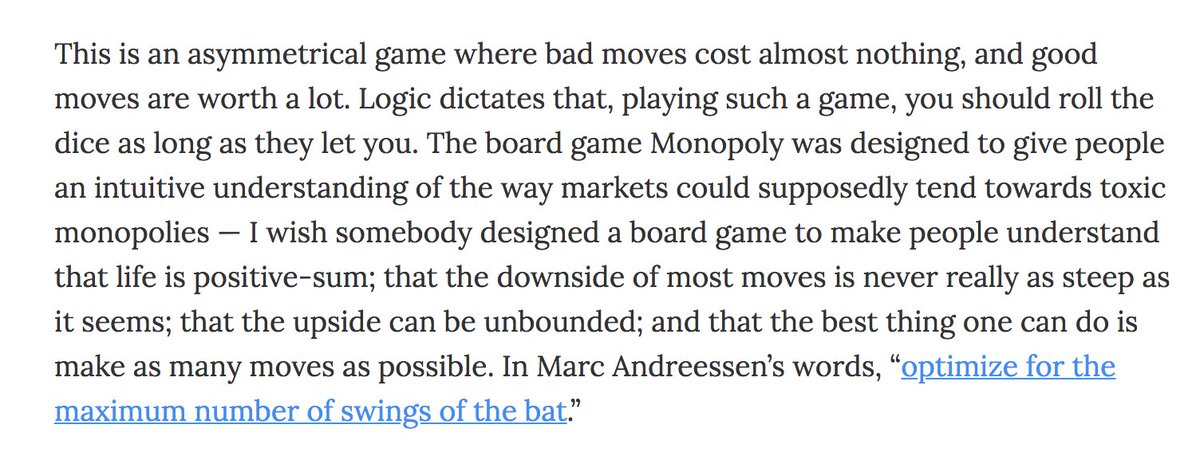
4/ https://t.co/GOQJ7LjQ2t domain 🍻
It started with a cold email. Guess what? He was using BuyMeACoffee on his blog, and was excited to hear about what we're building next. Within 2w, we signed the deal at @Escrowcom's SF office. You’re a pleasure to work with @MichaelCyger!
5/ @ycombinator's invite for the in-person interview arrived that evening. Quite a day!
Thanks @patio11 for the thoughtful feedback on our YC application, and @gabhubert for your directions on positioning the product — set the tone for our pitch!
